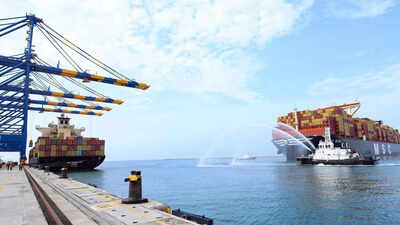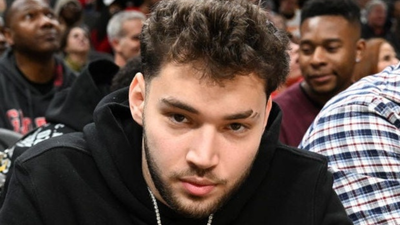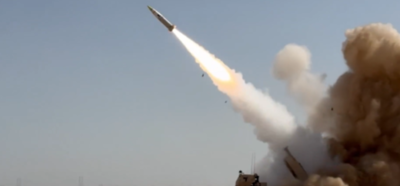Oil, Ukraine, and a lesson from Syria: Why Russia is hesitant to help ally Iran as Israel rains missiles
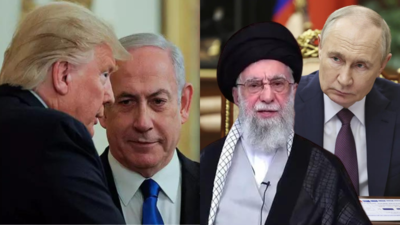
Just a decade ago, the world watched as Russia made a bold and high-stakes intervention in Syria. In 2015, when Bashar al-Assad’s regime stood on the brink of collapse, Russian fighter jets streaked across Syrian skies. That intervention not only saved Assad, at least temporarily, but also projected Moscow’s re-emergence as a power with teeth in the Middle East. Fast forward to 2025, and the scene today looks very different. Iran, one of Russia’s closest regional allies, is now under sustained attack from Israel. Over the past several days, Israeli strikes have hit Iranian missile facilities and suspected nuclear sites. And yet, the Kremlin’s response has been muted, even passive. While Moscow has issued the usual statements of concern and condemnation, it has shown no inclination to get involved militarily. This marks a sharp departure from the Syria playbook and reflects a significant recalibration of Russia’s Middle East policy.
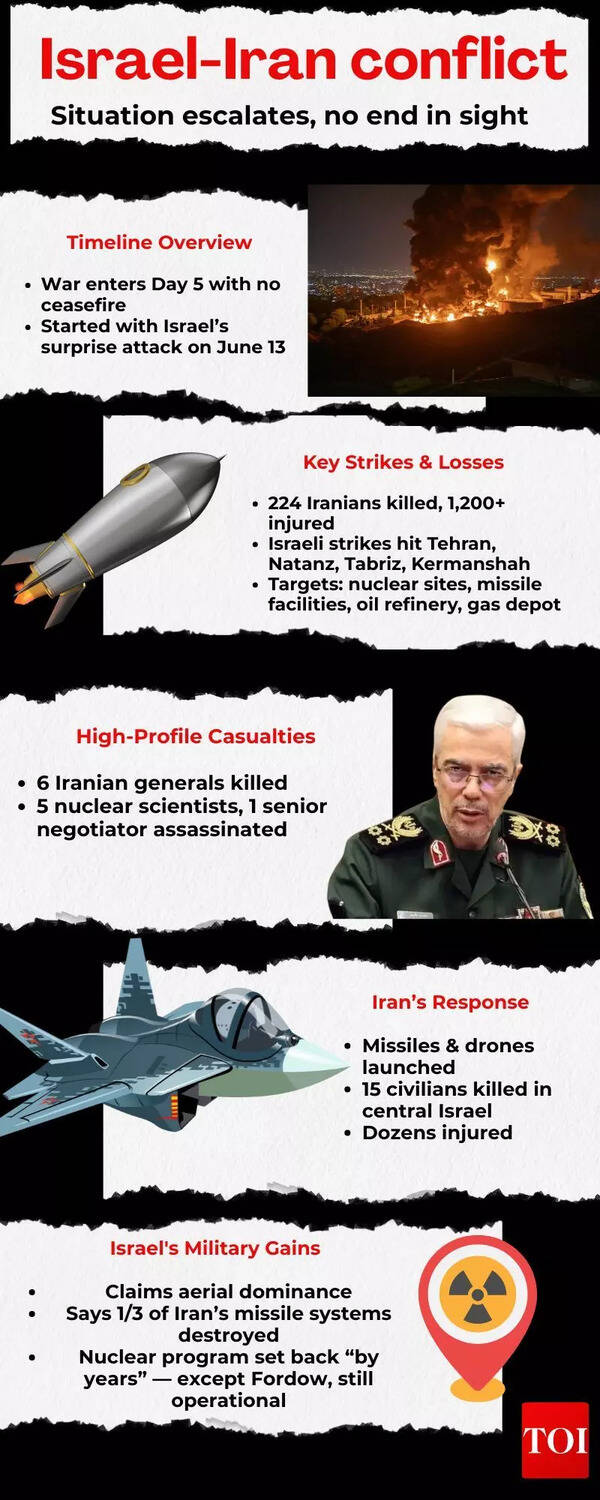
A war too far: Ukraine saps Russia’s will to fight for Iran
At the heart of Russia’s caution is its war in Ukraine. The ongoing conflict, Europe’s biggest since World War II, is now in its third year, and has consumed much of Russia’s military capacity. Nikita Smagin, an expert on Russia-Iran relations, summed it up clearly: “Russia, when it comes to Iran, must weigh the possibility of a clash with Israel and the United States, so saving Iran is obviously not worth it,” Smagin was quoted as saying by the New York Times. In other words, the Kremlin has neither the resources nor the appetite for another major military adventure, especially one that risks confrontation with two formidable powers. Russia is also treading carefully because of its relationships with the Gulf monarchies—countries like Saudi Arabia, the UAE, and Qatar. These states, while wary of Israeli escalation, are deeply uncomfortable with a stronger Iran. Russia has worked hard to develop economic and energy partnerships with the Gulf, and intervening on Iran’s behalf could jeopardize those ties. There is also the recent memory of Syria itself. Although Russia initially managed to keep Assad in power through its intervention, the regime ultimately collapsed in December 2024. The collapse of Assad’s regimemarked a painful and costly failure for the Kremlin. Years of military investment, political capital, and international pushback ended in defeat. Half a year later, Moscow is still picking up the pieces—and that experience weighs heavily on how it views the Iranian situation today. There’s no doubt that the collapse of Iran’s regime—which now appears to be an Israeli objective—would represent another major loss for Russia’s network of alliances in the region. It would join Iraq, Libya, and Syria on the growing list of countries where Moscow has seen its influence unravel. And yet, the Kremlin does not appear panicked. In fact, the current conflict may be playing into its hands in a different way.
Mediator in the Middle East
Unlike during the Syria crisis, where Russia had to use force to assert its presence, this time it is leveraging its position as a potential mediator. Vladimir Putin is currently the only major global leader with open lines to all three key players in this crisis: Iran, Israel, and the United States. That fact alone gives Russia significant diplomatic leverage. A report by CNN highlighted how Putin is already using that leverage behind the scenes. “In a recent call to the White House, Putin reminded President Donald Trump how Russia has been a long-time US ally when it comes to the Iranian nuclear issue – a heavy hint that he is open to being one again.” The White House, CNN added, appears receptive to this possibility.“If it comes to some form of behind-the-scenes diplomacy, Russia is more likely to play a role between Iran and the United States — Israel’s interest in negotiations is not apparent,” Fyodor Lukyanov, head of the Council on Foreign and Defense Policy, a think tank that advises the Kremlin, was quoted as saying in a report by the Bloomberg. Putin’s mediation efforts have already begun. The Russian president has reached out to both Iranian and Israeli leaders, offering to help de-escalate the situation. From Moscow’s perspective, being the indispensable broker is a way to exert influence while avoiding the risks that military intervention would entail.
Chaos pays
This broker role also aligns with Russia’s long-term economic interests. Tensions in the Middle East often lead to higher oil prices, something that benefits the Kremlin, which continues to rely heavily on energy exports to sustain its war in Ukraine.“While the oil price is high, Russia can get billions of dollars, potentially tens of billions of dollars in additional revenue, and this is always useful,” Sergei Markov, a Kremlin-connected political analyst was quoted as saying by The Washington Post. By remaining diplomatically engaged but militarily uninvolved, Russia is preserving its influence in the region while quietly profiting from the instability. What we are seeing, then, is not a retreat by Russia, but a strategic pivot. In the past, influence in the Middle East meant projecting hard power—troops, jets, bases. Today, the Kremlin seems to believe it can do more with less. It is using the crisis not to save Iran in the traditional sense, but to reframe itself as the essential power for dialogue and de-escalation. Still, this approach carries risks. If Iran’s regime does fall, Russia will lose one of its few remaining allies in the region. Already, its footholds in Iraq, Libya, and Syria have receded, and Iran’s fall would deepen that trend. That could further isolate Moscow at a time when it is already under pressure from Western sanctions and a grinding war in Ukraine. But for now, the Kremlin appears to be betting that it can keep a foot in the door diplomatically, even as its military stays home.


